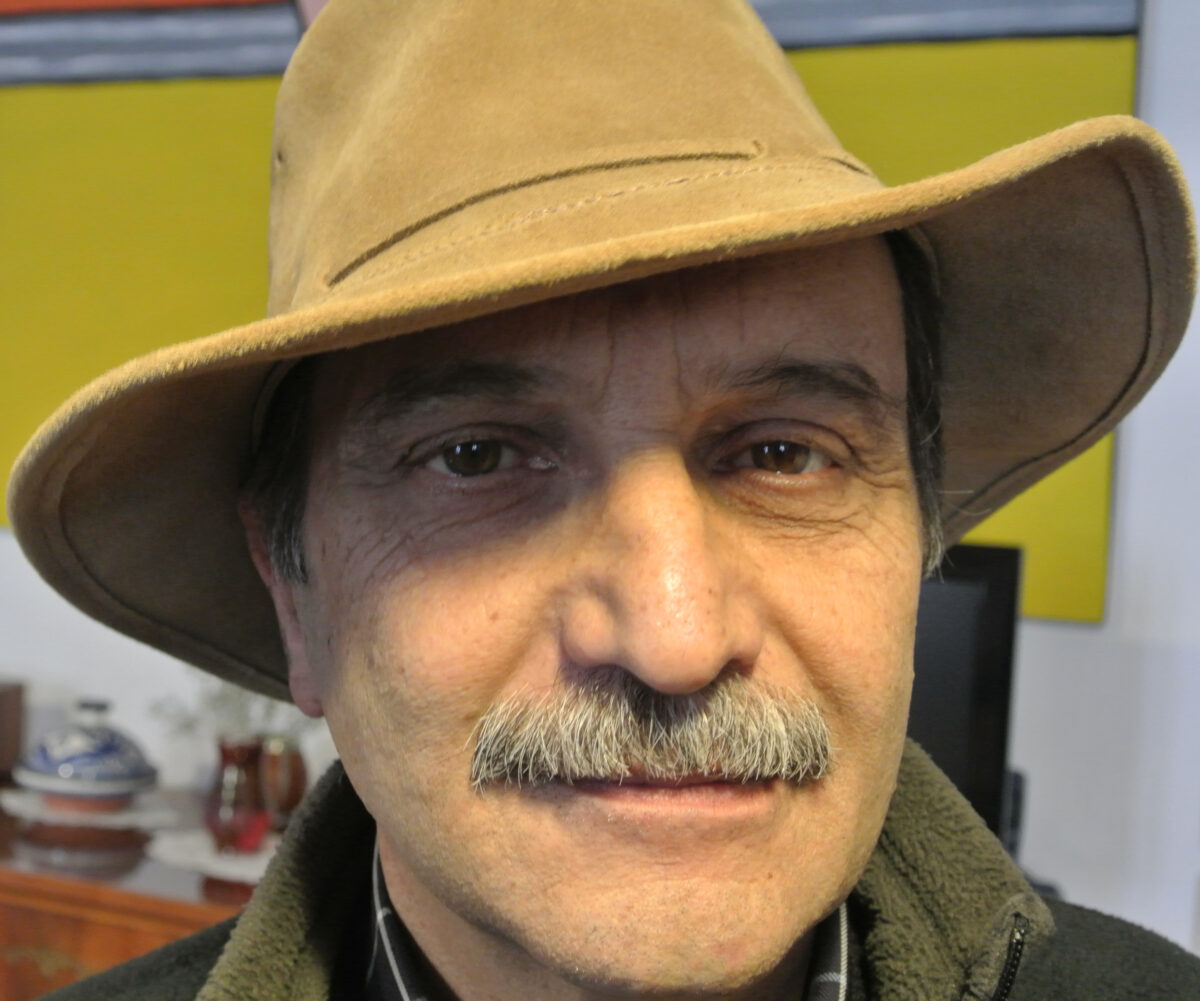Theuth Linguistic Engines Srl is an innovative startup, academic spin-off of the University of Salerno. Led by Professor Emerito Annibale Elia, the company, formed by young researchers, aims to put its research in the field of Computational Linguistics and Artificial Intelligence at the service of the market. To become an important point of reference in the development of software solutions, lingware, and in consulence regarding the industrial consideration of the natural language.
The services of Theuth Linguistic Engines
Computational Linguistics
Theuth, thanks to decades of research in the field of computational linguistics, can offer hybrid strategies that put “classical” linguistics at the service of Machine Learning. How? Through the creation of rules and electronic dictionaries capable of providing automatic algorithms with all the linguistic knowledge necessary to facilitate communication between users and machines.
Machine Learning
Instructing machines to communicate in natural language with humans is one of the main missions faced by Theuth. The company works by building systems based on language rules, hybridizing automatic systems to make them more precise and adaptive. Theuth specializes in:
– automatic processing
– supervised automatic classification
-automatic non-supervised classification
Question Answering
The topic of automatic responses is referred to generically as “chatbots”. The ability to automatically offer an answer to a generic question of a user, without having to pass for a human operator has made the question Answering a particular topic in the present context of online services.
Social Media Analysis
Today, much of the communication takes place within social media, large containers of emotions and opinions that translate into a large amount of data to be analyzed for different purposes and objectives. The analysis of this data is called Sentiment Analysis, an automatic non structured text review that contain opinions.
Comprehensibility
Theuth uses an original and innovative Text Analysis methodology that allows to analyze the degree of understanding of a text starting from the presence of words belonging to the fundamental lexicon (FO), high use (AU) and high availability (AD). The degree of understanding is calculated based on not only lexical but also syntactic characteristics.
The theme is certainly complex for those who have never heard of these subjects, but we can remove any doubt thanks to the presence of Professor Annibale Elia, today a guest of our virtual living room.
Read the interview with Professor Annibale Elia
Hi Annibale, nice to meet you and thank you for the time you are dedicated to us. Can you tell our readers, in the space of a tweet, what is Theut?
It is a company that puts on the market innovative solutions to improve people’s lives, providing a bit of “intelligence” to the activities managed on social networks by algorithms often not up to human communication.
How and when did the idea of Theuth as an academic spin-off come about?
The team of young researchers and PhD students led by me has shown that they know how to work for business solutions since 2017, if not before, and this ability to do research applied to typical problems of companies gave me the idea of setting up an innovative startup that was able to enhance scientific knowledge by making some solutions marketable.
How long did it take to shape the project?
Theuth was formed in November 2020, during the Covid 19 pandemic, then it took almost four years.
Tourism and Cultural Heritage: what does Theuth do in this area?
We have designed a platform that contains all the data of hundreds of cultural attractors of Campania (museums, archeological sites, monuments), even those that do not enjoy a particular visibility. An application on the Mobile allows “tourists” not only to know unexpected sites, but also to be able to express judgments, comments, and indications that a Sentiment Analysis engine that communicates with the owners of the attractors to enhance the offered services
What is Computational Linguistics and why is it so important?
Computational Linguistics arises from the methodological encounter between studies on language, computer science and Artificial Intelligence. The studies of linguistics of the last fifty years have shown that human language can only be described in part with a logical-mathematical model, because the languages we use to think and communicate change over time and within society producing meanings that escape formal labels, the so-called “ontologies”. Since one of the objectives of Artificial Intelligence is to extract the meaning of human communications as automatically as possible, it follows that a “computerized” linguistics based on both lexicon (semantics) and syntax (form) is the best candidate to allow the achievement of the goal. For many decades we have been carrying out this type of Computational Linguistics.
How did you launch Theuth?
The initial launch was based on an effective press and social media campaign. We were lucky enough to immediately work on a project for the Massimo Troisi Prize, organized by the municipality of San Giorgio a Cremano: an observatory on comedy that provided every month a ranking of those who made people laugh the most according to the opinions expressed on social media. Immediately after we participated in the Research Fellowship organized by the emblem Foundation and the Technology Transfer Office of the University of Salerno, and we won a prestigious award offered by NTT DATA that allowed us to enter a circuit of innovative companies.
What about the future?
Build an international network of Companies, Universities and research centers operating on Natural Language and artificial intelligence to arrive at a productive ecosystem based on continuous innovation and the desire to improve human/machine interactions proceeding towards a humanistic and not only technological direction.
Credits:

